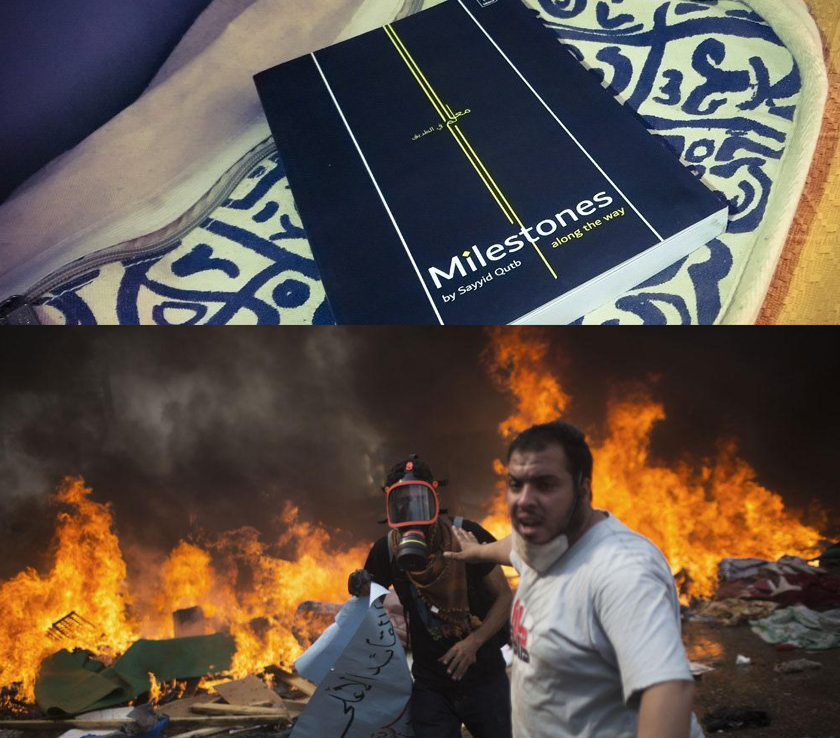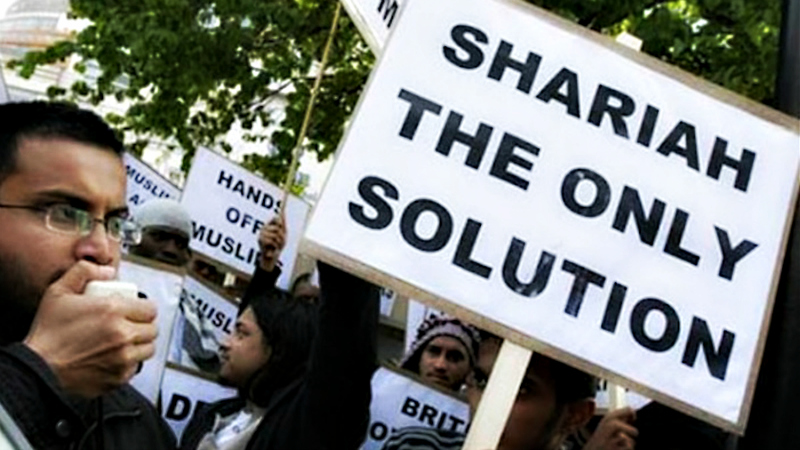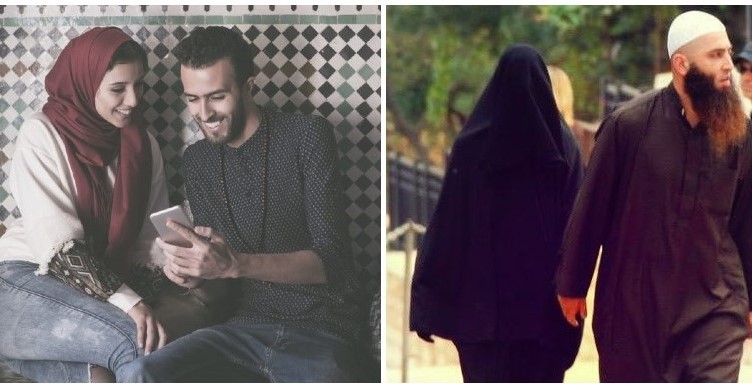The founder of modern jihadism, and one of the most influential leaders of the Islamist movement, Sayyid Qutb (1906-1966) wrote in his iconic book, Milestones:
Any country which fights the Muslim because of his belief and prevents him from practicing his religion, and in which the Shari’ah is suspended, is Dar-ul-Harb, even though his family or his relatives or his people live in it, or his capital is invested and his trade or commerce is in that country; and any country where the Islamic faith is dominant and its Shari’ah is operative is Dar-ul-Islam, even though the Muslim’s family or relatives or his people do not live there, and he does not have any commercial relations with it.1Sayyid Qutb, Milestones, edited by A.B. al-Mehri (Birmingham, United Kingdom: Maktabah Booksellers and Publishers, 2006), 141.
For Islamists, like Qutb, Shari’ah (Islamic law) is almost more important than faith itself! For them, “submission” to Allah’s laws is fundamental to Islam. To submit is to worship. Much analysis was conducted to explain how it became such a hot debate for Muslims in the recent decades. It could be seen as a reaction by “traditional” Muslims towards modernization. Perhaps it’s an idealistic view of the early days of Islam. Also, many Muslims feel vulnerable towards ideologies that emerge from the West like capitalism, socialism and nationalism, hence Shari’ah could lay new foundations for a revived Islamic alternative. Shari’ah is treated as a robust option considering that it’s a “complete solution” that aims to answer all questions, legal, political and social.
Another reason behind Shari’ah becoming a major issue is that leaders of Islamist organizations manipulate their demand for it to stir up the public against their non-Islamic governments. In fact, it has become a standard component in rabble-rousing speeches by many clerics.
Even if Shari’ah was deemed, in generic terms, a fair system for society and it were welcomed by its subjects, its application would still be problematic. Shari’ah is not a specific book with statutes and regulations. It’s a body of laws extracted from a few Quranic verses, but largely from the Hadith, which is anecdotes from the 8th and 9th centuries about the prophet Mohammed that filled up dozens of volumes. Some are considered authentic and others are forgeries. Even the ones commonly treated as reliable, contain contradictions. As for the reliable Hadiths, interpretations differ among Islamic scholars. Yet there is another problem, how could complex economic challenges be resolved with advice from the 8th century, whose main guideline is “no usury allowed”?
So, ideally, to have an organized and “modern” implementation of Shari’ah, a group of jurists (ulama) would have to dedicate themselves to the study (ijtihad) of Islamic jurisprudence (fiqh). Their work would result in fatwas (rulings) on everything from justice, art, to where to amputate the arm of a thief! In brief, Shari’ah and modern values are two competing forces that could never be reconciled.
You might also like:

Milestones: The jihadi manifesto in 10 photos
Photos show how a 1964 text laid the foundations of Islamic terrorism
BOOK: MILESTONES

The jihadi manifesto: Sayyid Qutb’s Milestones
Summary and excerpts from the radical text that inspired terror attacks over the last 40 years
BOOK: MILESTONES
Endnotes





